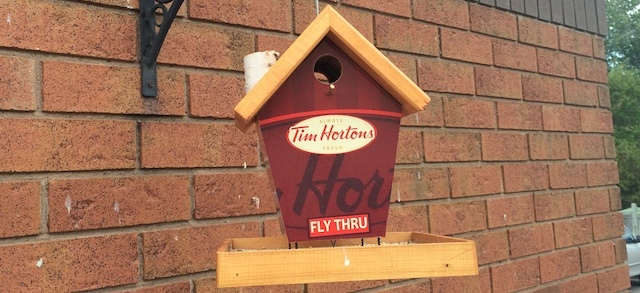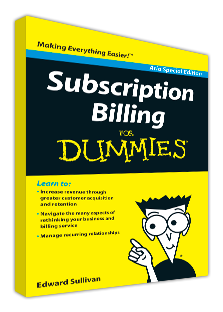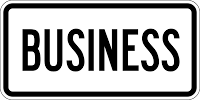“Please send me that screenshot, I want to beat the snow”. I’ve come to a small coffee shop ten minutes from home to connect and wait for confirmation of legitimacy almost as clandestine as “proof of life”. A gray market seller of an Apple laptop is making the aforementioned computer available, sealed in the box […]
In business, I’ve heard it said that we must “Grow or die” (by who, I wonder?). This is one of the more pervasive business myths I see so many in those that run IT consulting companies supporting the SME space. They think that for the business to succeed, it needs to expand the revenue base and hire on a bunch of employees. Yes, this is one path, but there are many other well-worn paths to success in this business. Growth is important and achievable even if your a single person shop. How? By having a growth mindset.
Just looking at the numbers, the proposed Tim Hortons/Burger King merger might look great. But, there is more to this story, and I explain why this might be a bad idea.
New business owners want to work at something in a moral way, be empowered to make their own choices, and create a company (or more) that might actually be bigger than them. That doesn’t come easy when many of the ideas you have are wrong. I recently came across a great list of misconceptions and added a number of my own items to it.
I’m going to offer some serious sins companies make when billing automatically and suggest some ways to improve the process.
Our advice is simply a guide to save you disappointment. In this context, we consider Best Buy, Staples, Wal-Mart, Costco and Future Shop big box stores. Companies like Tigerdirect and MDG are more difficult to apply to this list, but may still apply.
Recently, I met a 70 year old former engineer, who by all accounts was in great shape for his age. I remember thinking I’d like to look that good at 70. He had been a mechanical engineer for more than forty years and recently left the industry he enjoyed to retire. These days, he tells me travel and leisure take up a good portion of his time.
I run a small business. I handle customer service and I’m also a customer to other businesses. Often, the phrase “The customer is always right” is mentioned in passing or sort of in jest when someone talks of a customer/business disagreement. There is actually a history to this phrase that dates back to the early 20th century. But I wanted to talk about whether, as a consultant and a business owner, is it really true that the customer is always right?
You may not know this, but before I moved this blog to the Blogger service (in it’s current form), I wrote a number of articles that, after the switch, were archived. I’ve decided that it might be cool to bring back some of these and see if they are still relevant today. One such blog entry was created in the spring of 2003. Back then I was looking to understand the scenarios that PST (or called RST) was going to need to be charged on various services. Of course, with this year’s change to HST, most of this is depreciated, but still interesting. My notes are interspersed.
The question everyone always asks almost immediately when you first meet them is “What do you do?” or “Where do you work?”. After this, I often try to deflect the conversation to something else – or try to make a silly comment to the effect of “I’m Unemployed”. Sometimes, when I’m pressed, I will admit that I’m Self Employed or that I own my business. I have pondered this more than once though; why is it so hard to say I’m self-employed?
- 1
- 2








